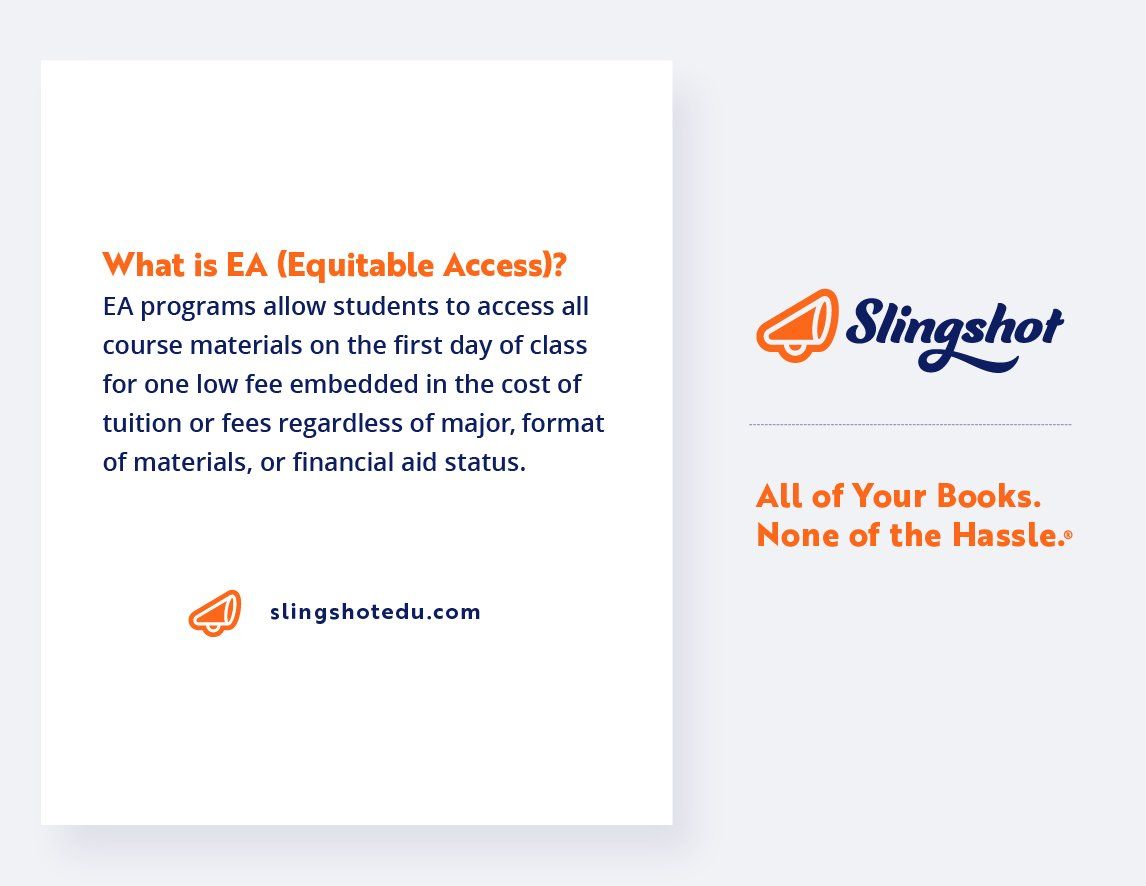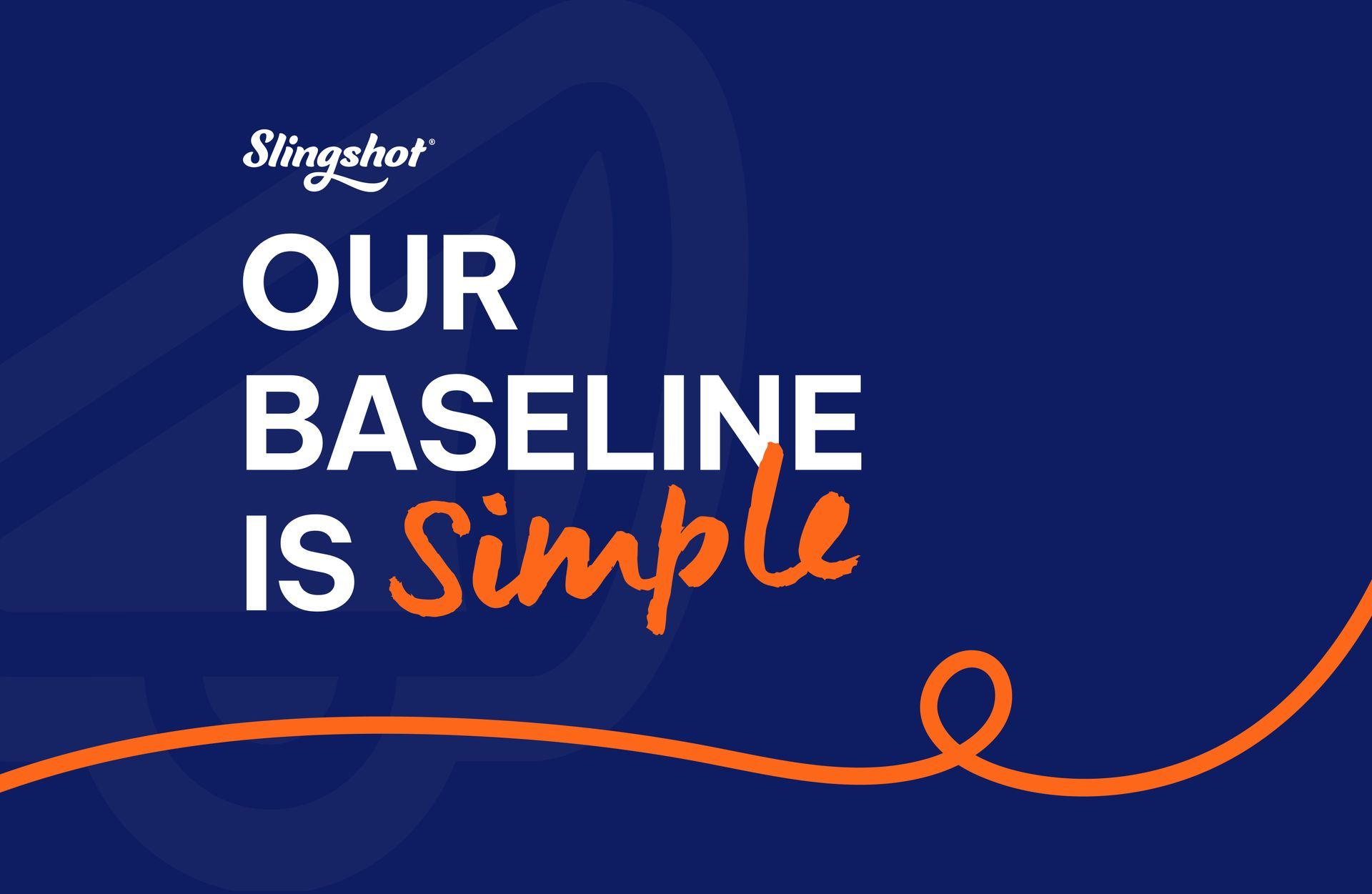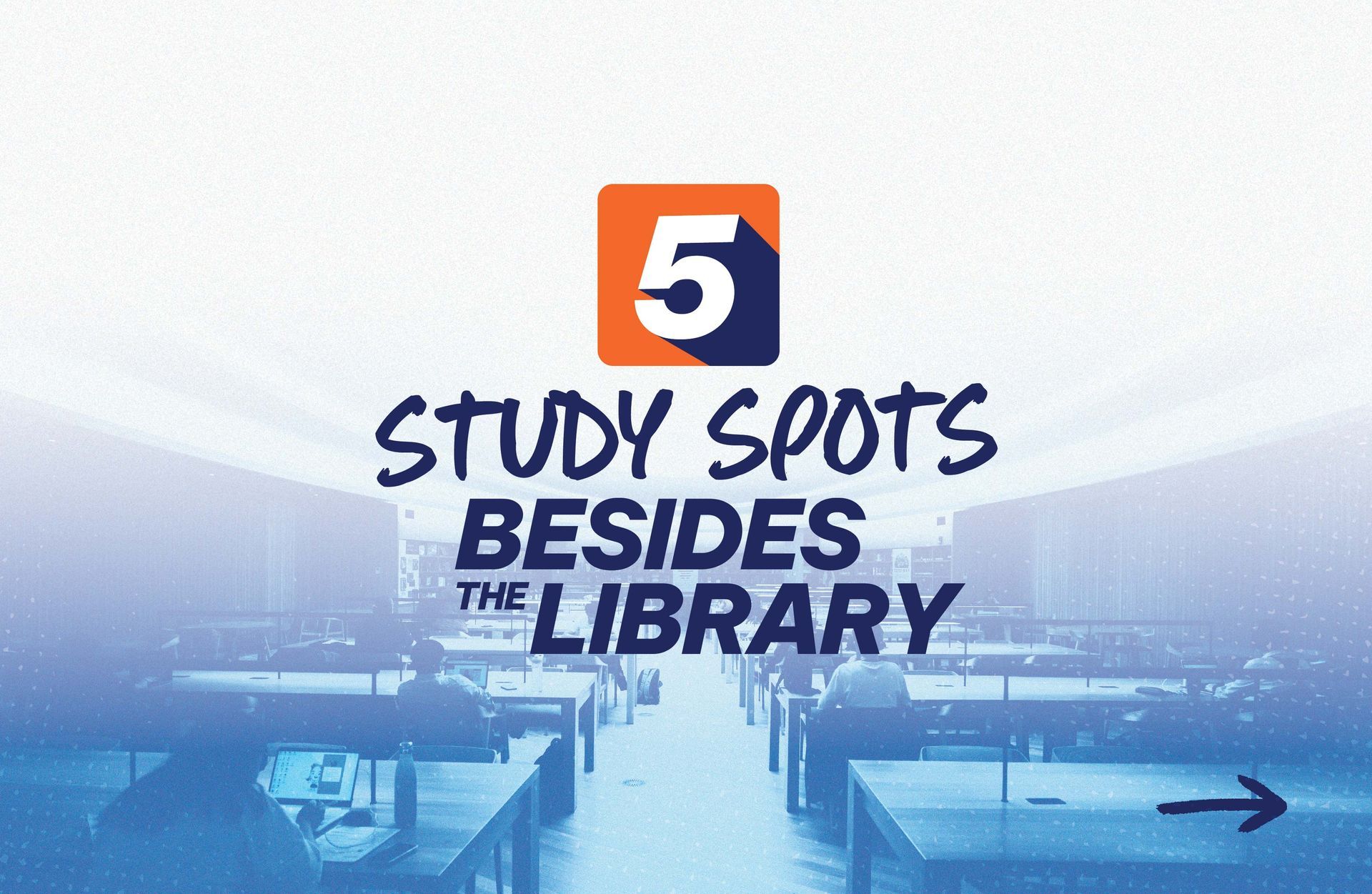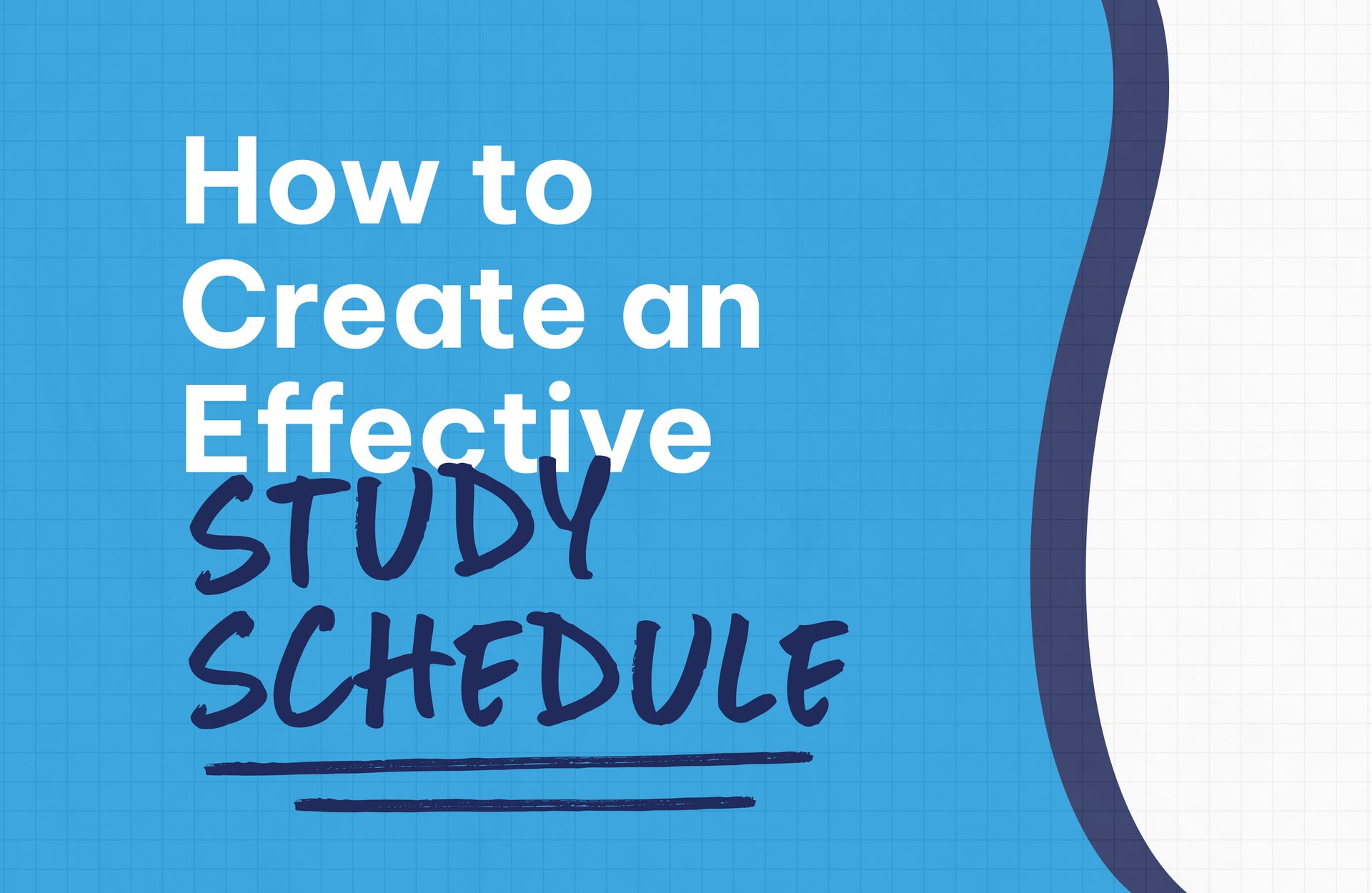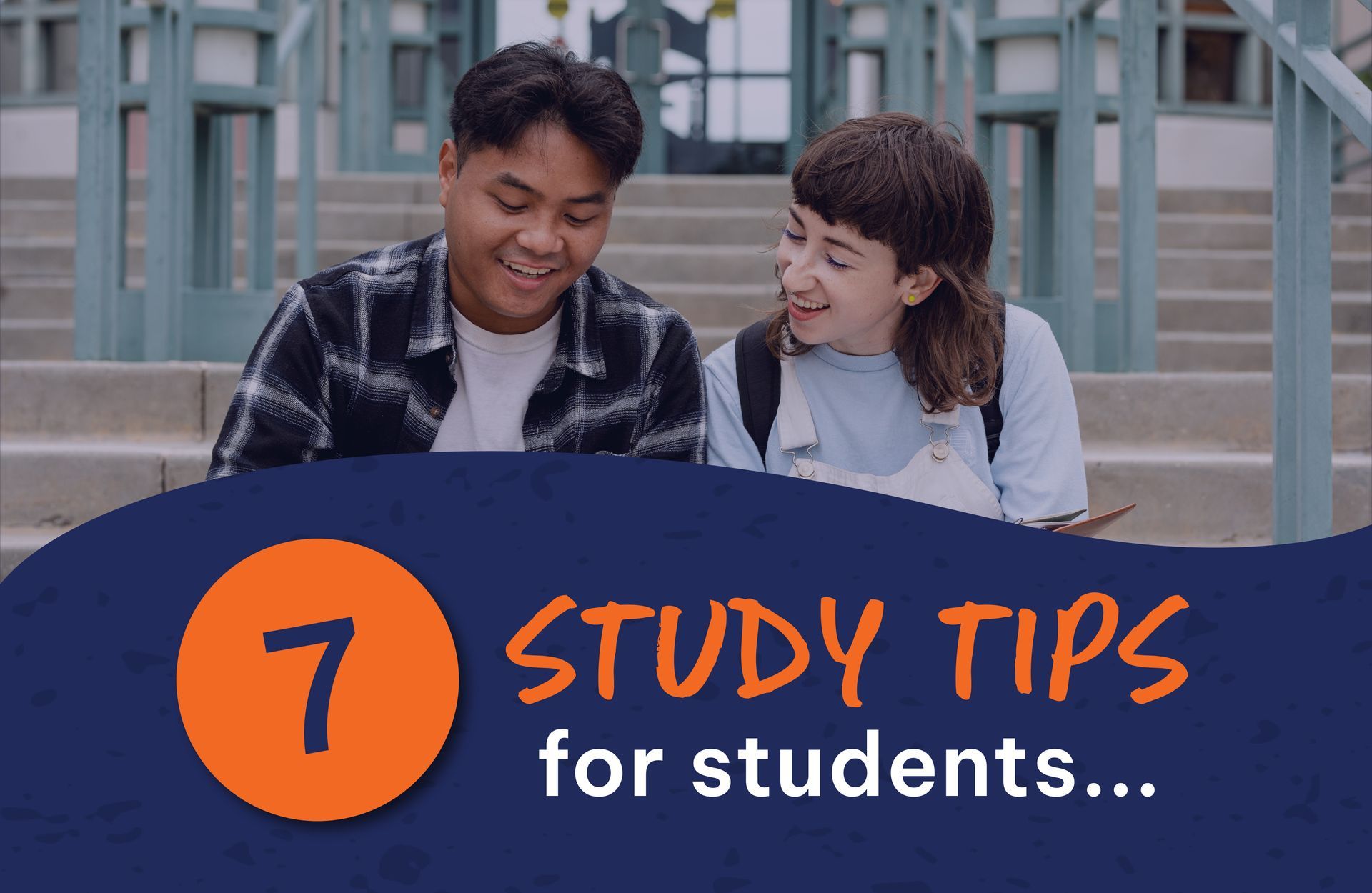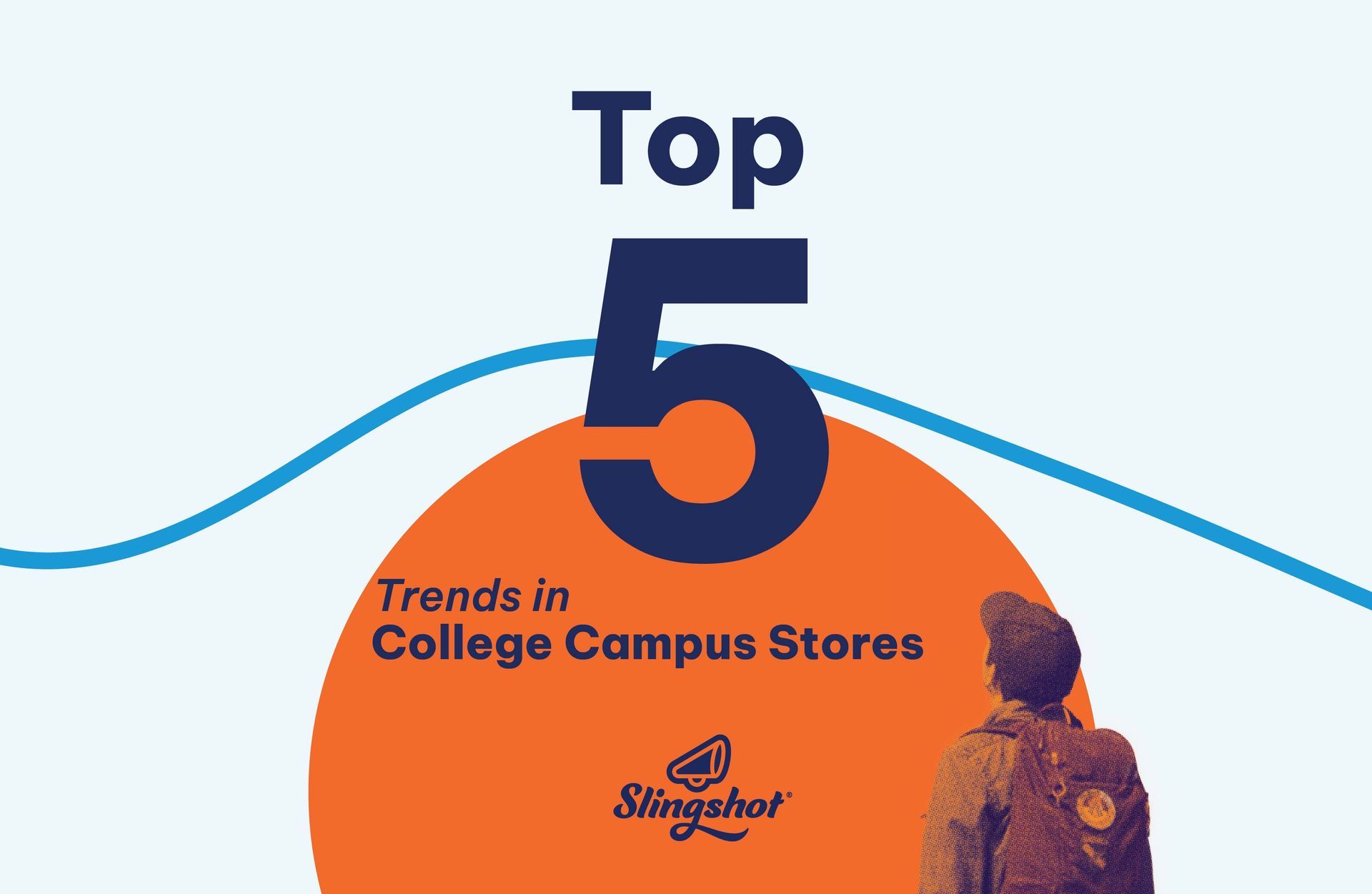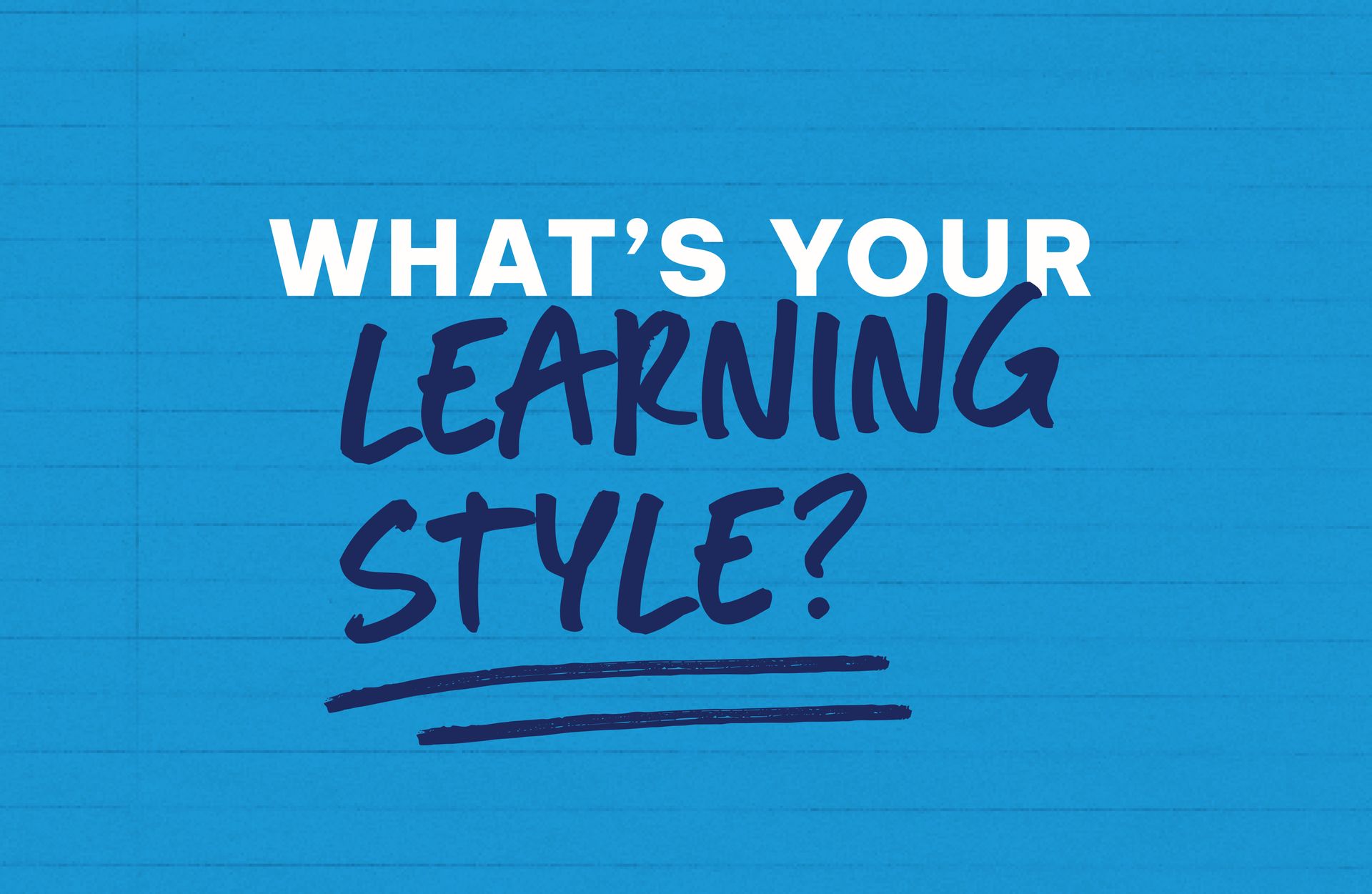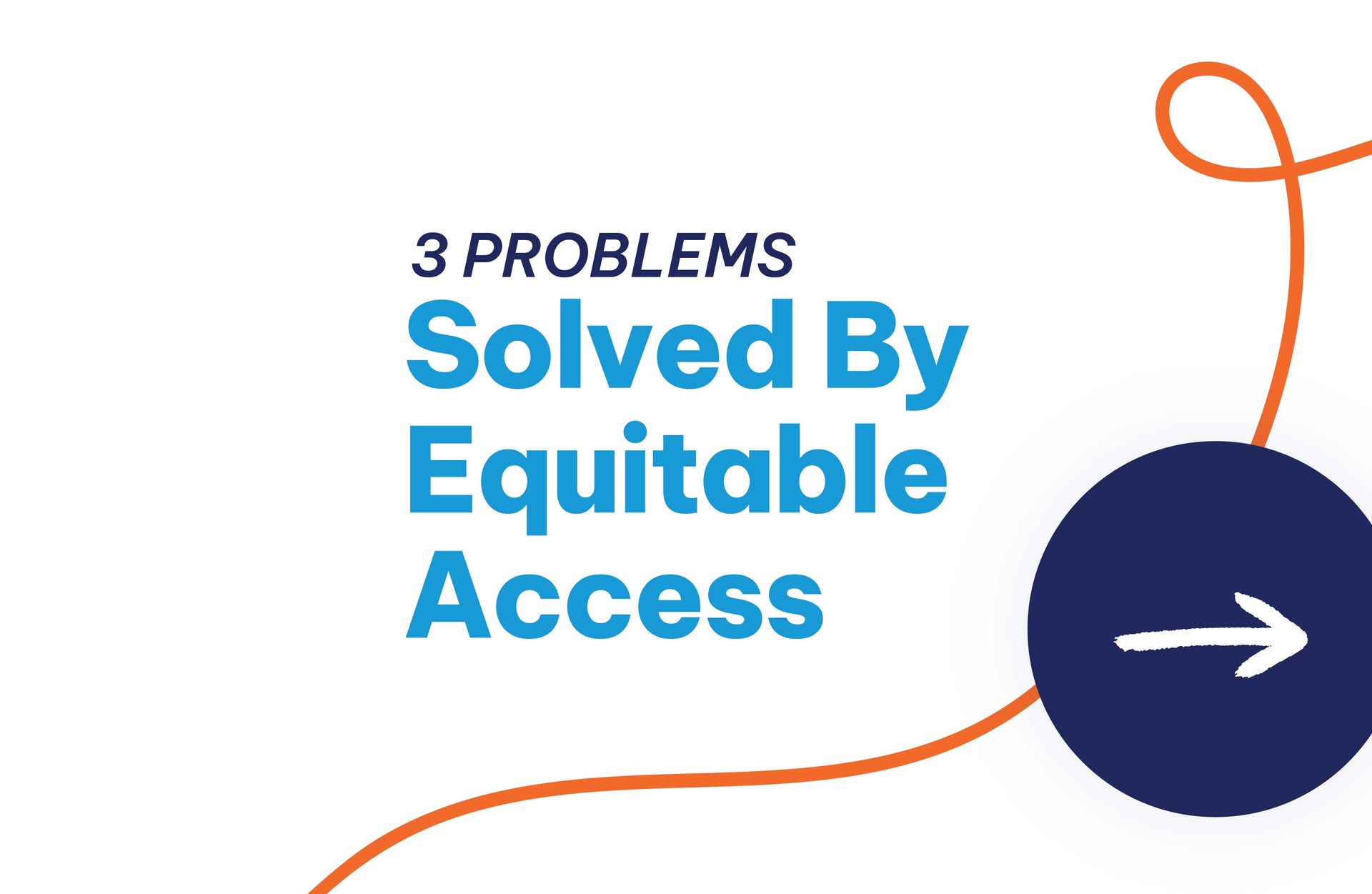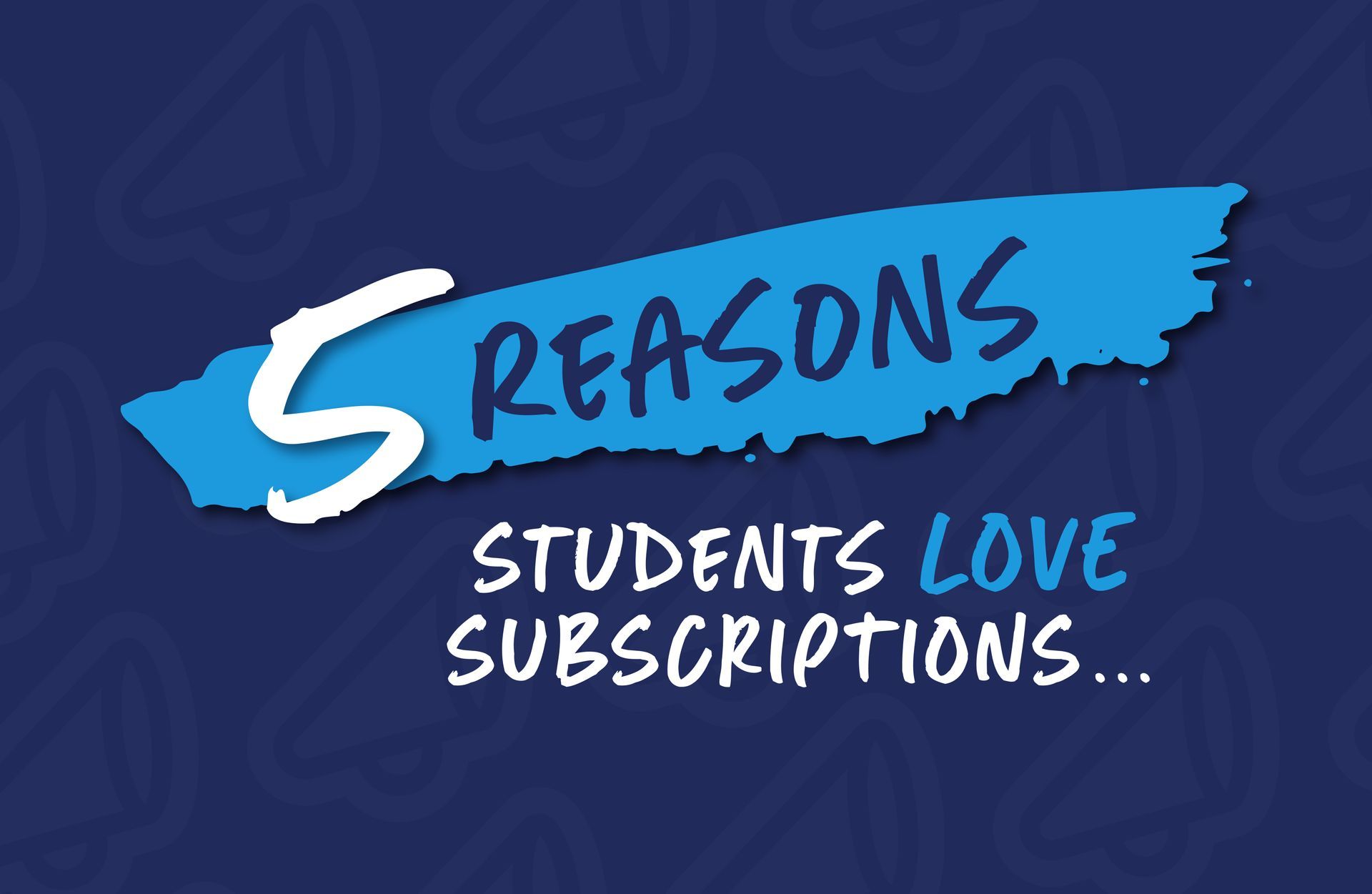What is Equitable Access?
Equitable Access means many different things in different industries, but in higher education it simply means every student should have the same opportunity as any other student. Focused into course materials, it ensures all students receive all their required materials by the first day of class.
You are likely familiar with the concept of Inclusive Access which was introduced in 2016, and began gaining traction in the following years. The concept that institutions could sign up whole classes of students to automatically receive digital course materials at a discounted rate, rather than purchasing individually, was attractive.
Inclusive Access has grown into Equitable Access, which better takes into consideration a students choice / need for various formats of course materials (not just 100% digital)
and includes all courses, not just the ones that can fit the requirements of any Inclusive Access negotiated deal. Equitable Access is Inclusive Access for All.
Questions around the impact of an Equitable Access Program (or really anything new on campus) always arise. We find the top three items can easily be addressed with the following clarifications:
Faculty’s Academic Freedom
remains intact in an Equitable Access model because faculty are not forced to identify a digital component or require that digital is used. And it is a misnomer that digital or used is always cheaper. When you take the opportunity to negotiate with publishers across your entire population and show how the return of the market share impacts their return, new books can be a real option to help save students money.
Student Choice
is not eliminated and they have the ability to opt out. And since you know your student’s the best, it is up to each institution to determine eligible populations and how to roll-out a program across your campus. We see many institutions start with Freshmen and grow the program over four years. Other institutions choose to communicate the advantages across the campus and start the program across the entire institution. Both have their pros and cons, but ultimately students have the choice to participate and being able to opt in/out at a program level each semester, versus a section level, saves students, faculty and administration time.
Billing Decisions
are evaluated at the Institution-level. Many are finding value in including course material fees within tuition and/or fees, but other institutions choose to charge student accounts based upon a student’s load, avoiding any necessary delays in processing financial aid distribution checks.
Click Here to download an educational PDF on Equitable Access and how it can help your students, faculty and institution as a whole.
Slingshot developed the first Equitable Access program over 10 years ago. When working with a few local institutions, we analyzed their retention issues and found that those students that dropped out and/or were unsuccessful at the institution did not purchase their course materials. This prompted our Equitable Access program currently implemented at more than 35 institutions across the country.

